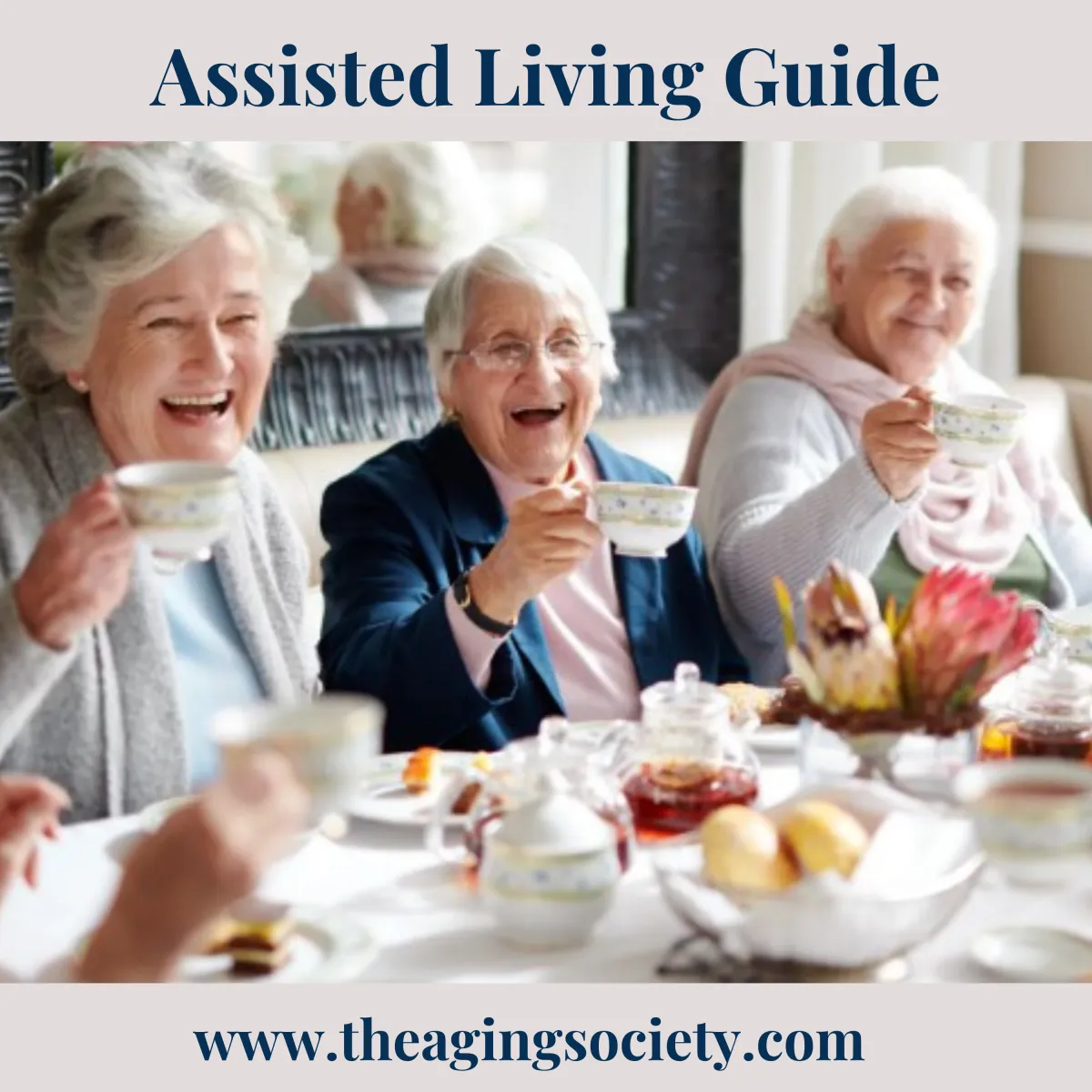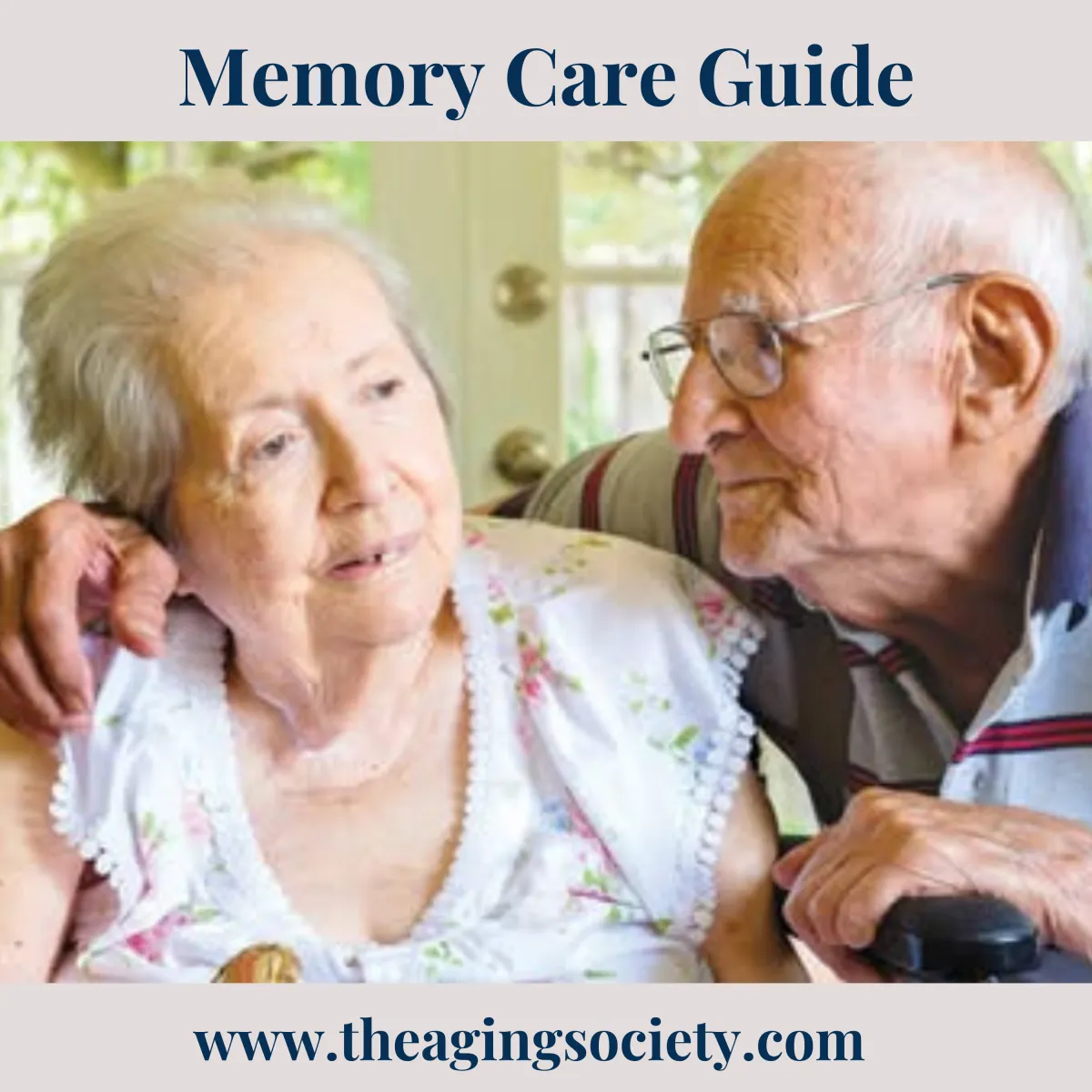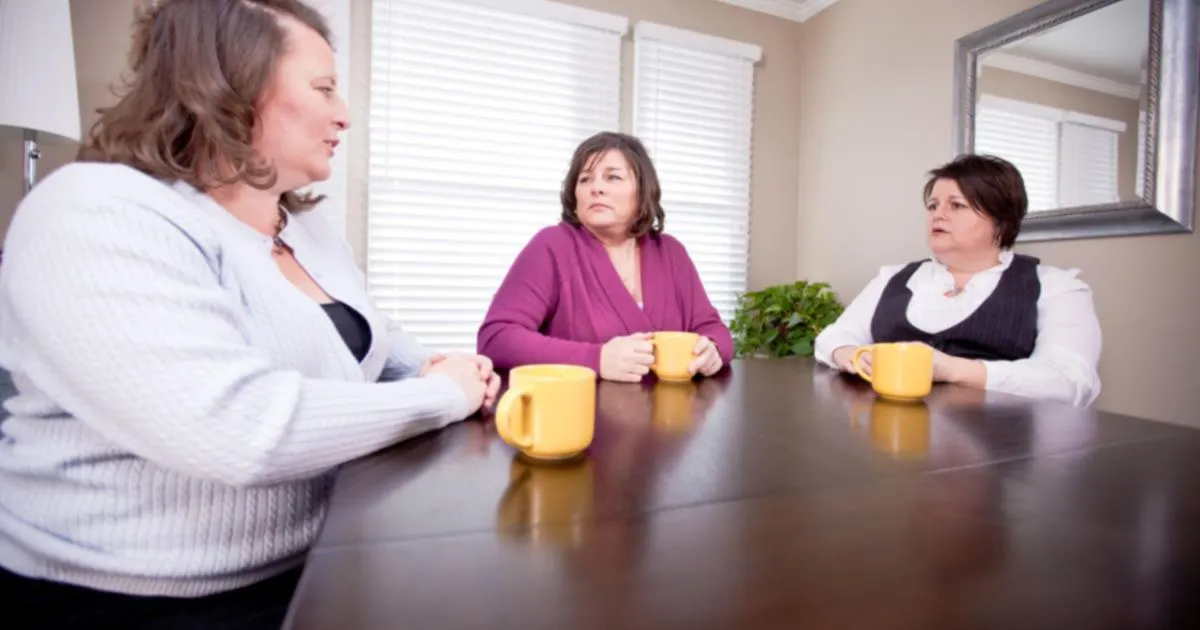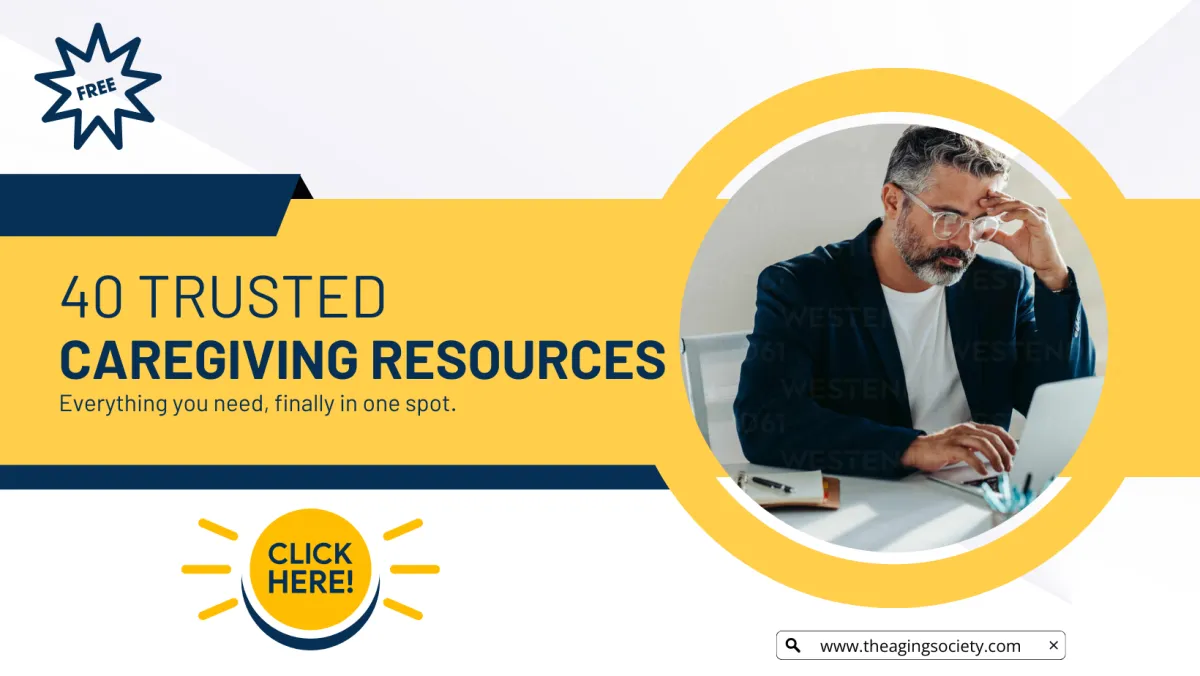Practical Support For The
Caregiver Who Handles Everything
(Until It’s Too Much)
Because You Care Deeply
You’re the one who makes the plan. Figures out the budget. Tracks the appointments, insurance, legal forms, and medications.
You didn’t ask for a medal. But it would be nice if someone else showed up once in a while.
You’re not trying to take control. You’re trying to hold things together. And sometimes, the weight of that role is invisible, until it’s not.
This space is for you: the planner, the executor, the decision-maker. The one who carries the mental load and the clipboard.
You’re Not Failing
You’re Just Carrying Too Much
Even the most organized caregiver can hit a breaking point. Because caregiving isn’t just a set of tasks, it’s emotional labor, family pressure, and constant uncertainty.
You need:
Straightforward tools that save time and reduce guesswork
Frameworks that help you make confident, defensible decisions
Support that respects your role, and lightens it
You’ll find all of that here.
What You'll Find Here
📊 Blog Posts for Planners & Providers Guides and insights that respect your role, and don’t waste your time.
📜 Decision Tools & Templates From care level comparisons to financial worksheets, get what you need to lead without burnout.
⚖️ Products Backed by Expertise Tools, services, and checklists that actually work, no gimmicks, no noise.
Start With Something Small:
One Small Shift
One Small Action. One Tangible Result. Every Day.
Actionable tips from real caregivers, delivered daily, in under two minutes.
You’re not looking for inspiration, you’re looking for what works. The next step. The smart move. The thing that saves you time, money, or stress down the road.
That’s exactly what One Small Shift delivers:
📧 One quick daily email you can read in under two minutes
🔍 A story, insight, or mindset shift backed by real caregiving experience
🛠 A small, doable action with a clear payoff
No fluff. No guesswork. Just real strategies used by hundreds of families.
🔓 When you sign up, you’ll also unlock tools designed for critical decisions:
✅The Caregiver Starter Kit
✅Mistakes to Avoid When Choosing Care
✅Senior Living Tour Checklist
✅Clarity Checklist: What Your Parent Really Needs
✅40+ Trusted Resources Directory
Because the right move today makes everything easier tomorrow.
You’re Allowed to Need Help Too
Holding it all together doesn’t mean holding it alone. This space gives you the kind of support you offer everyone else: Clear. Steady. Reliable.
Talk With Purpose
31 Days of Scripts & Strategies For Families Navigating Senior Living Options
For When Avoiding The Conversation Isn’t Working Anymore.
If you're someone who wants to approach caregiving with calm, clarity, and a clear plan, this guide is for you.
Talk With Purpose is a structured PDF with 31 communication scripts designed for families navigating the complexities of senior care. Each page offers:
✅ A real-world Scenario you’ll likely face
✅ A practical, direct Script to open the conversation
✅ A concise Strategy Tip to explain the approach
✅ A short Reflection Prompt to help you track what worked
You can move through it day by day or jump straight to the situation that’s most pressing, whether it’s safety concerns, legal planning, or sibling dynamics.
No fluff. No guesswork.
Just clear, tested language that helps you lead better conversations and reduce family friction. If you’re ready to stop walking on eggshells and start moving forward with a plan, this guide gives you the words to begin.
Stay Informed. Plan Smarter.
You’re not overreacting by looking into senior care options. You’re being proactive, because avoiding it doesn’t make it easier later. These guides are for family members who want to:
✅Make informed, values-based decisions
✅Understand what different care options really involve
✅Communicate clearly and calmly with parents and siblings
✅Prevent last-minute chaos down the line
Whether you're considering home care, independent living, assisted living, or memory care, each guide gives you the facts, the questions, and the next steps, all in one place. Planning ahead is an act of care. Let’s make it easier.

Not ready for a big move? This guide walks you through what quality home care looks like, how to choose the right help, and how to protect your parent’s safety and independence.

Wondering if your parent just needs a little community and support, but not full-time care? This guide helps you evaluate independent living options, including key questions and red flags.

From bathing and meals to meds and mobility, this guide helps you know when assisted living might be the right step, how to tour facilities, and how to make the decision with less guilt and more confidence.

When memory loss is affecting safety or personality, this guide helps you understand what memory care really means, and how to make a thoughtful plan rooted in love and reality.
Tools, Not Theories
One Small Story
These posts are for caregivers who carry the load and just want things to work.
Here, you’ll find no-fluff advice, proven frameworks, and practical solutions to help you make decisions faster, manage family dynamics, and lead with less burnout. Because you don’t need more opinions, you need what works.

When Your Family Isn’t Pitching In | Caregiver Boundaries and Legal Rights
You didn’t ask to become the default caregiver. But here you are, managing appointments, medications, finances… and watching your siblings stay mostly silent. Maybe they offer the occasional “thank you,” maybe not. Either way, the weight falls on you.
It’s not just tiring. It’s frustrating. Resentment builds, not because you don’t care, but because the balance feels unfair. And when you try to bring it up? You’re met with defensiveness, avoidance, or a familiar silence that leaves you wondering if it’s even worth the fight.
This post is for the caregivers who feel backed into a corner, the ones doing everything because no one else will. We’ll unpack what’s emotional, what’s legal, and where you actually have leverage. You don’t have to carry this alone. And you’re not wrong for wanting things to change.
The Emotional Toll of Being the “Default” Caregiver
When family members don’t show up, caregiving becomes more than a labor of love, it becomes a breeding ground for frustration. You may feel abandoned, dismissed, or invisible. At the same time, guilt often creeps in: “If I complain, does it mean I don’t love them?”
Both feelings can exist at once. You can love your parent and still resent being the only one carrying the load. That doesn’t make you selfish. It makes you human.
Resentment vs. Reality: Why Care Feels Uneven
Families don’t always split caregiving equally, even when they could.
The Myth of “It’s Just Easier If I Do It”
Many caregivers step in because they’re reliable, and then stay stuck because others assume they’ve “got it handled.” Over time, this unspoken assumption solidifies into a pattern.
When Silence Becomes the Family’s Default Response
Conversations about caregiving can feel like walking into quicksand: awkward, heavy, and easy for others to sink away from. Silence often wins because it’s easier than facing the imbalance head-on. But silence doesn’t solve anything, it just leaves you holding everything.
Setting Boundaries Without Guilt
Boundaries aren’t walls, they’re clarity. They define what you can and cannot do, and they remind others that caregiving doesn’t erase your own needs.
Naming What You Can and Cannot Do
Instead of hinting, try clarity: “I can manage Mom’s medical appointments, but I cannot handle her finances.” Boundaries lose power when left vague.
Asking for Specific, Actionable Help
“Can you come help sometime?” often gets ignored. Try: “Can you cover Saturday morning so I can rest?” or “Can you handle grocery runs once a week?” Specific requests leave less room for avoidance.

Understanding Your Legal Rights as a Caregiver
While resentment is an emotional burden, you also have rights, and knowing them can help you advocate for yourself.
Financial and Employment Protections
The Family and Medical Leave Act (FMLA) may allow eligible employees up to 12 weeks of unpaid leave to care for a parent.
Some states offer paid family leave or caregiver stipends. Check your state’s Department of Labor for details.
Care Agreements and Power of Attorney
If you are managing finances or daily care, a caregiver agreement (sometimes called a personal care contract) can legally establish payment for your work. If you’re handling bills or medical decisions, having power of attorney protects both you and your loved one.
When Siblings Refuse to Contribute — Legal Recourse
In certain states, filial responsibility laws may hold adult children financially responsible for a parent’s care. While rarely enforced, they can become relevant in nursing home or Medicaid cases. Consulting an elder law attorney can clarify options and rights in your state.
(Disclaimer: This post provides general information, not legal advice. Please consult a qualified attorney for guidance specific to your situation.)
Moving Forward with Support and Strength
You can’t force siblings to change. But you can:
Protect your time with boundaries.
Explore legal tools that acknowledge your work.
Seek out outside support, social workers, respite programs, or elder care planners.
You deserve both recognition and relief. Carrying everything alone isn’t sustainable, and it isn’t fair.

FAQs About Family Conflict and Caregiver Rights
What if my siblings just won’t help, no matter what?
You may need to adjust expectations. You can’t control their choices, but you can control your boundaries and seek outside resources.
Can I make my siblings pay me for caregiving?
Yes — if a formal caregiver agreement is signed. Without it, payment may create tax or Medicaid complications. Always get legal advice before setting this up.
What are filial responsibility laws?
These are state laws that sometimes require adult children to support indigent parents. Enforcement is rare, but it’s worth understanding if your state has one.
Do I have job protections as a caregiver?
Under FMLA (if eligible), you may take up to 12 weeks of unpaid leave. Some states also have paid leave options. Check your state’s labor office for details.
Final Thoughts: You Deserve Both Respect and Relief
When your family isn’t pitching in, caregiving feels like a lonely climb. But you are not powerless. Boundaries, support networks, and legal protections can give you both strength and options.
You don’t have to carry this alone — and you are not wrong for demanding more than silence.
Get The 40 Essential Resources For
Senior Care Planning

A clear, categorized guide to the tools, services, and contacts that matter most.
Whether you’re just starting or already deep into caregiving decisions, this free resource helps you:
✅Identify what support exists (and how to access it)
✅Save time researching options
✅Feel more in control as things change
Plus, get notified when new tools and planning guides are released, so you’re always one step ahead.
From Other Over-Responsible Caregivers
“I was the one with the binder, the calendar, and the checklist — and I still felt lost. This site gave me direction without wasting my time.”
“This was the first resource that didn’t talk down to me. It gave me real tools I could use, not just vague advice.”
“I was handling the finances, the appointments, and the arguments. The scripts and planning tools here finally made it feel doable.”
“Everyone expected me to know what to do — but I didn’t. This space helped me figure it out without feeling ashamed.”
“I needed something I could act on immediately. This site respected my time and my role — that matters.”
“What helped most was knowing I wasn’t the only one angry, exhausted, and still doing everything out of love. This space made me feel less alone.”
© 2025 The Aging Society. All rights reserved.
For families navigating senior care, find clarity, compassionate support, and trusted resources for senior care.
It all starts with One Small Shift.